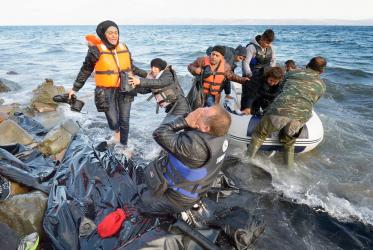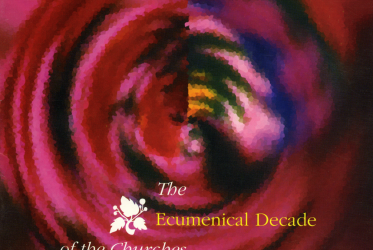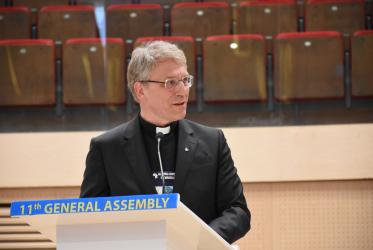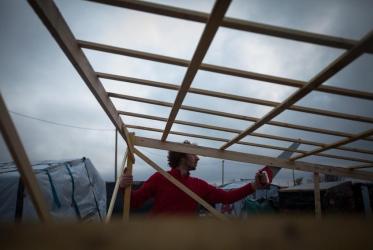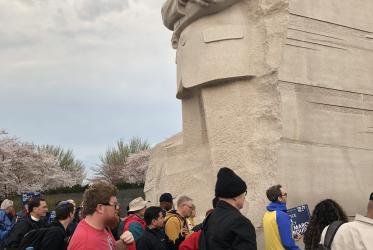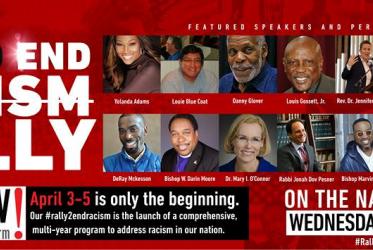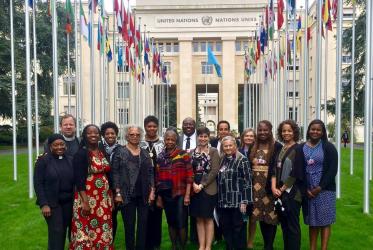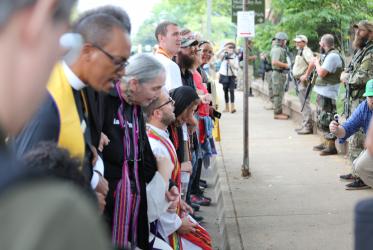Displaying 141 - 160 of 225
11 October 2018
Film recognized for highlighting human rights in DRC
18 April 2018
“Dear white Christians: what now?”
05 April 2018
WCC moderator to greet DC marchers
01 April 2018
Trying to do good for the world
18 December 2017
“The work of truth-telling has to happen”
28 September 2017
Hearing on Racism, Discrimination, Afrophobia and Xenophobia
25 September 2017
Geneva, Switzerland / online
In Charlottesville, can “the power of love” prevail?
14 August 2017

